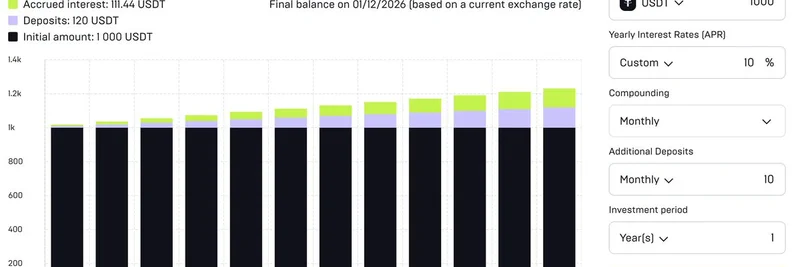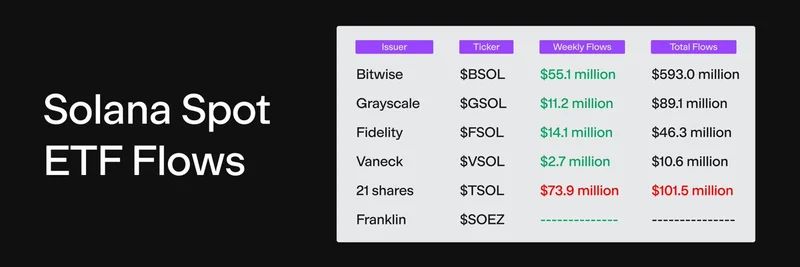In the fast-evolving world of crypto, a recent tweet from @0xNairolf has sparked conversations about the "gamblification" of society. Quoting a post from @d_gilz on the surge of financial product innovation, Nairolf argues we're heading straight into an era where trading feels more like entertainment than investment. Let's break this down and see what it means for meme tokens and the broader blockchain space.
The core idea? Traders are becoming the new athletes. Imagine a world where prediction markets—platforms like Polymarket that let you bet on real-world events, from elections to sports outcomes—allow wagering on just about anything. With user experience (UX) so polished, you might not even notice you're placing bets. It's like how apps have turned scrolling into an addiction; soon, trading could be just as habitual.
This isn't just hype. As Nairolf puts it, we've probably only scratched the surface—maybe just 1% of what's coming. Replies to the tweet echo this sentiment. One user points out how platforms like Robinhood have already made options trading feel like a game, akin to Candy Crush. Another highlights tools like trade.fun, which combines Solana memes, perpetual contracts (perps), and prediction markets into one seamless app. This integration is key: it lowers barriers for newcomers, blending fun meme culture with serious financial tools.
For meme token enthusiasts, this gamblification trend is a goldmine. Meme coins thrive on community hype and viral moments, often tied to real-world events. Prediction markets amplify that by letting users bet on meme-related outcomes, like the next big pump or cultural shifts. Think about it—decentralized finance (DeFi) is evolving to make these bets permissionless and instant, powered by blockchains like Solana for speed and low fees.
But it's not all upside. Some replies raise concerns about economic inequality: skilled traders or the wealthy could dominate, turning casual users into funders of their wins. Others debate whether trading should be lumped with gambling, emphasizing the need for education to differentiate informed strategies from pure luck.
Looking ahead, this shift could onboard millions more into crypto. Apps like Euphoria or permissionless markets are making it easier to participate without traditional gatekeepers. If you're in the meme token game, keeping an eye on these developments is crucial—they could dictate the next wave of innovation and volatility.
What do you think? Is gamblification a boon for blockchain adoption, or a slippery slope? Share your takes in the comments below, and stay tuned to Meme Insider for more insights on how these trends shape the meme economy.


